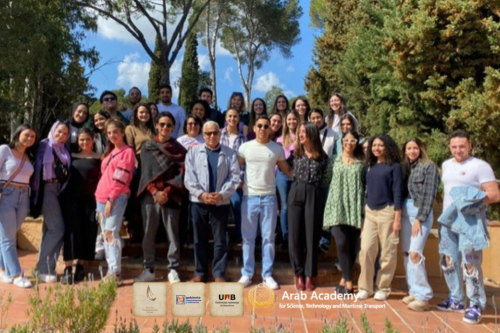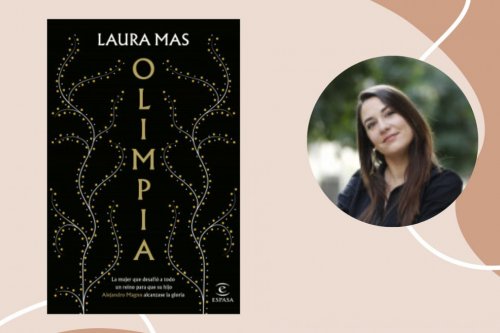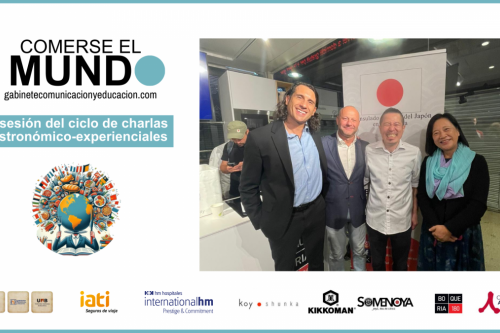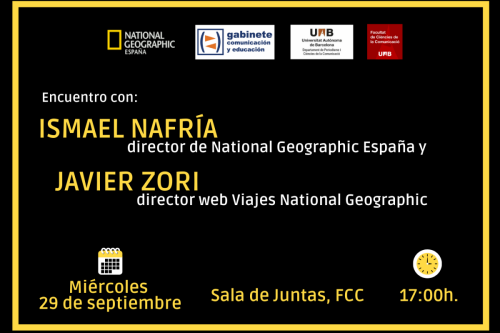


Languages
- Español
- English
No press freedom without media literacy
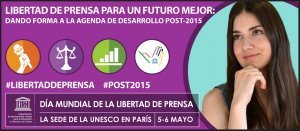
On 3 May 2014 organizations around the world will celebrate World Press Freedom Day, a subject that is considered essential in the construction of democracy and human rights.
Nowadays, we know that freedom of expression concerns the integrity of journalists and guarantees the exercise of independent information. But in a context where the media is part of everyday life and networks become an expanded space of relatively inclusive communication, the ability of users to understand media content and its critical and creative use becomes a fundamental value to contributing to freedom of expression in a broader sense. Taking this into account, Dr José Manuel Pérez Tornero, expert on Media Literacy, says: "There cannot be freedom of the press without media literacy".
UNESCO itself recognizes the need to promote media literacy for empowerment and participation: "There is a need to ensure that the voices of the youth, empowered by Media and Information Literacy, are heard in debates on its development." UNESCO has pointed this out in one of the themes of the conferences for this year: Free Media Contributes to Good Governance, Empowerment and Eradicating Poverty.

Two other themes of conferences this year are: The Rule of Law to Ensure Safety of Journalists and Combating Impunity and Sustainability and Professionalism of Journalism is Part of Development.
In order to discuss these topics an international conference will be held at UNESCO headquarters in Paris on 5-6 May. The annual ceremony of the UNESCO World Press Freedom Prize Guillermo Cano will also be held on 2 May.
This May, UNESCO will also be hosting the European Media Literacy Forum. The inaugural session of this forum proposes a reflection on a key issue today: the emergence of a new communicative environment characterized by the penetration of Internet and the media on everyday life in industrialized societies, and the need to strengthen citizens' media competencies, as the most sustainable way to guarantee freedom of expression.

